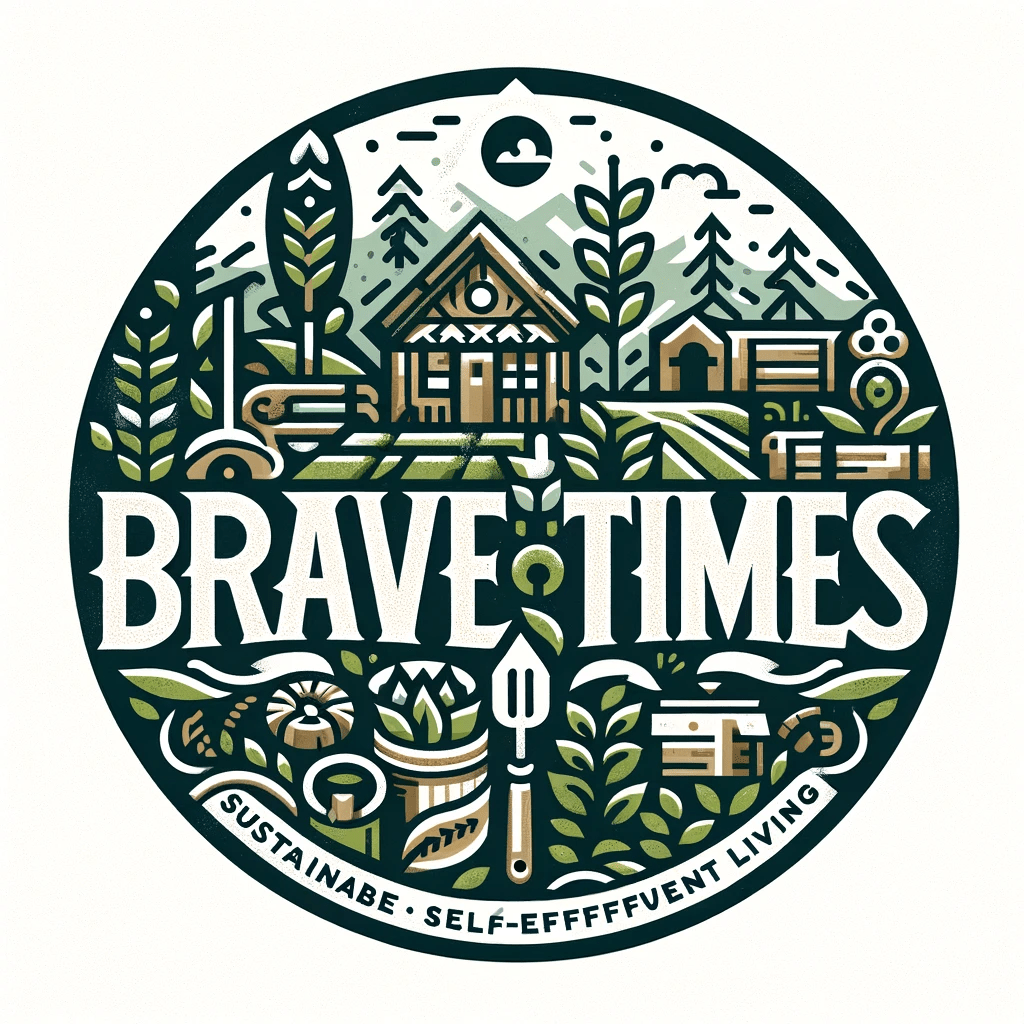Our planet is warming and the impacts are wide and varied. One of the occurrences affected by this change is the migratory patterns of birds. One such example, detailed in a BBC article, documents the changing behaviour of Bewick’s swans in response to this shift.
Traditionally, these majestic waterbirds depart from their frozen Arctic breeding grounds for warmer climes. They arrive in the UK in late autumn and return north again in spring. However, in recent times, the number of swans making this journey has dwindled. From an annual flock of 700, now just a little over 100 make the voyage.
What’s causing this decline? The answer lies in the gradual warming of our planet. As the winters grow warmer, the swans do not feel the need to travel as far as the UK to find comfortable temperatures. Instead, they find regions like Germany and the Netherlands adequate and decide to settle there for the winter.
This is just one example of how climate change is affecting our natural world. But what can we do about it? As proponents of sustainable living, our mission should be to mitigate this impact as much as possible. This could mean adopting practices like composting to decrease waste, growing our own food to reduce reliance on industrial farming, or even DIY projects to repurpose materials instead of discarding them.
It’s indeed an uphill battle, but remember, every small effort counts. So let’s embrace the ethos of self-reliance and sustainable living, for the swans, for ourselves, and for our planet.


6 Responses
Certainly, an impressive narrative spotlighting an existential question we as a species must constantly prompt – how our planet responds, adapts and survives as a consequence of our species-driven actions. Through the prism of Bewick’s swans’ migratory patterns, the narrative draws a riveting connection with climate change we can’t dismiss. This clarion call message – an ethos of self-reliance and sustainable living cannot be underscored enough. Every small, intentional action minus ornamental such will count towards preserving the conglomerate health of this beautiful blue marvel we inhabit.
Wow, I couldn’t agree more with your insight. We need to remember that every small action towards sustainable living can contribute significantly to our planet’s health. The shift in Bewick’s swans’ migratory patterns is indeed a glaring example of how our actions are impacting the natural world. Thanks for your thought-provoking perspective.
I’m glad you share the sentiment! Your point about small actions is spot on. It’s about changing our habits and mindset. If everyone made even small changes, the collective impact would be huge. Let’s keep spreading awareness about sustainable living and its importance in preserving our planet’s health.
A solid piece reminding us of the far-reaching impact across various ecosystems resulting from global warming and climate change. It really shatters one’s heart to note that the Bewick’s swans, one of nature’s magnificent creations, are at the receiving end of our blunders. The need of the hour indeed is sustainability in every stride. Do a further surge into individual farming or recycling of used materials in creative ways, is a beacon of hope not just for us, but will automatically balm the multiple issue wedded to our environment. Urgent introspection is truly elementary. The more we educate ourselves about the earthly impact of human actions, the better legacy is we pass on to our posterity.
While reading the narrative, I felt a deep sympathy for the Bewick’s swans, victims in the face of our mounting climate catastrophes. The piece masterfully connects dissociate elements such as human behaviour and its impact on an elegant waterfowl species thousands of miles away from human’s immediate habitat. The solution perspective it vacuums in, reflects on the required endeavour which rolls beyond mere compliance with rules and protocols and heralds proactive participation. This piece has built the bridge of realization, connecting human action bearing direct-com Link to wildlife ecology.
This piece accentuates the important balance that exists in nature’s ecosystems in relation to our own survival. Far too often, we’re blind to our practices’ ripple effects on both land, lifeforms afar, and atmospheres, only to wake up to desolate hopes when the effects begin to hit home. The reference to Bewick’s swans is spot-on metaphoric – describing a subtle yet driving pre-amble to a much needed behaviour change grounded in sustainability. Thumbs up to the writer for tossing a global concern with an individualistic change potentialine.